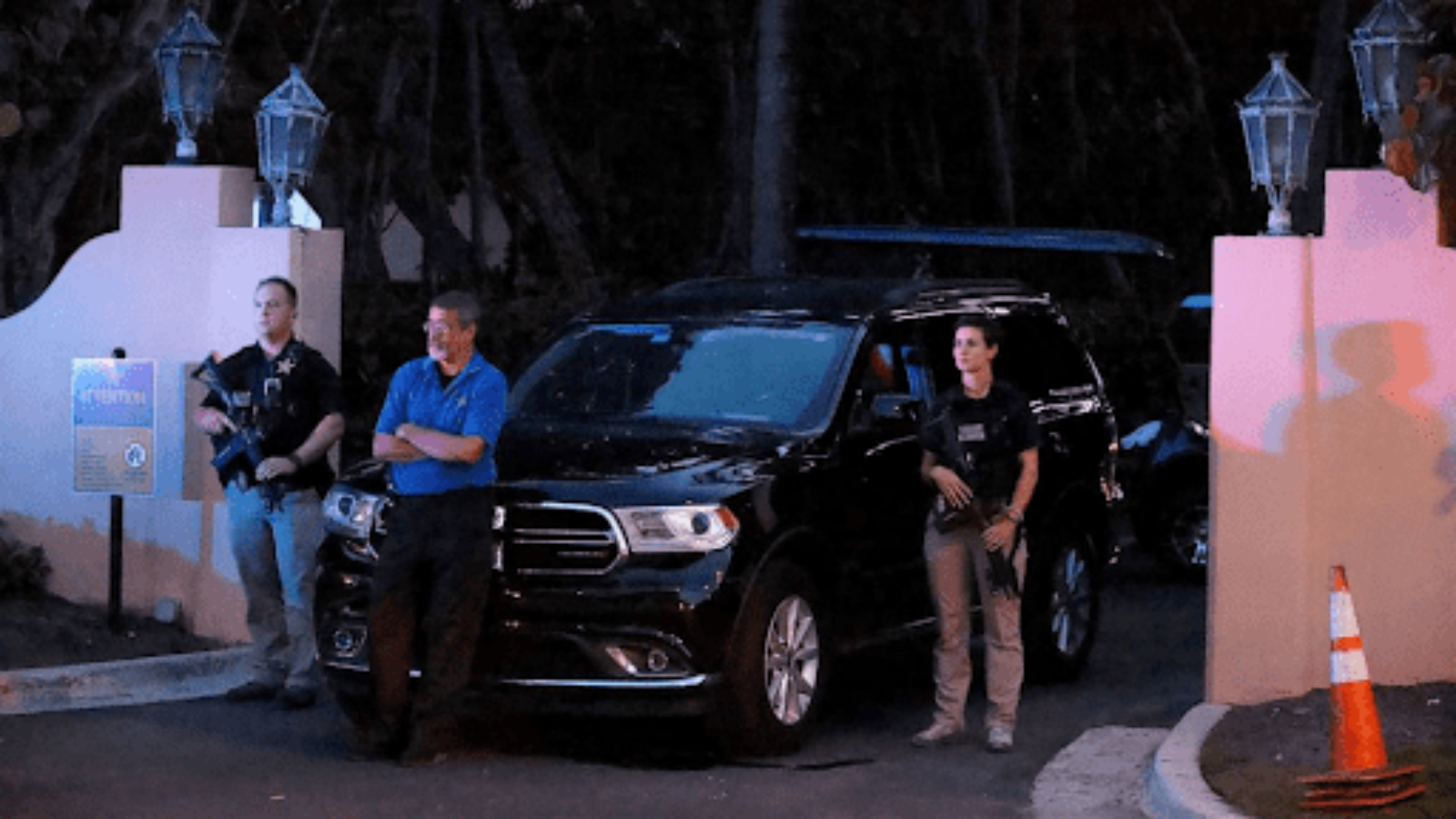All around the country, people are begging for justification as to why the DOJ raided President Trump’s home in Florida. Judge Bruce Reinhart may finally be giving some much needed answers. The Florida judge is working to potentially unseal portions of the affidavit, despite DOJ objections, as it is in the public’s best interest to know.
ABC NEWS: Judge may seek to unseal portions of Mar-a-Lago affidavit, despite DOJ objections
Katherine Faulders and Alexander Mallin; August 18, 2022
A magistrate judge in Florida on Thursday said, despite Justice Department objections, he may seek to unseal portions of the affidavit supporting the search warrant executed at former President Donald Trump’s Mar-a-Lago estate last week.
After hearing in-person arguments on a request from a coalition of media outlets to make the affidavit public, the judge said he might decide that at least a portion of the affidavit could be unsealed with government redactions.
The Justice Department had urged the judge, Bruce Reinhart, to keep the affidavit fully under seal, arguing that if it were to be made public it could “cause significant and irreparable damage” to an ongoing criminal investigation involving highly classified materials related to national security.
Arguing on behalf of the Justice Department Thursday, Jay Bratt, the head of the agency’s counterintelligence and export control section, acknowledged the heightened public interest in this case, but argued there is another public interest which is the government’s position to keep the underlying affidavit sealed as it would provide a roadmap and “suggest next investigative steps that we would be about to take.”
Bratt said the investigation is in its “early stages” and feared for the safety of witnesses and potential witnesses and the threat of “possible obstruction and interference.”
“This investigation is open. It is in its early stages,” Bratt said.
Bratt argued that redactions to the affidavit would not be sufficient, as information in it could identify witnesses based on the descriptions of events that only certain people would have knowledge about.
But after hearing the government’s arguments, Judge Reinhart said, “I am not prepared to find that the affidavit should be fully sealed.”
The judge said he believes there are portions of it that presumptively could be unsealed — whether they would be meaningful is for someone else to decide, he said. The government may disagree with him on some points, he said, giving DOJ until next Thursday to file its proposed redactions.
ABC News and a number of other media organizations have called for the release of the affidavit, noting the historical significance of the unprecedented law enforcement search of a former president’s residence and the “immediate and intense public interest as well as a vociferous reaction from Mr. Trump and his allies.”
Officials said in their Monday filing, however, that they believed the redactions that would be necessary to protect the investigation “would be so extensive as to render the remaining unsealed text devoid of meaningful content.”
DOJ would likely seek an immediate appeal on any ruling by Judge Reinhart that would reveal further substantive details underlying their investigation.
The government said, though, it would not object to the unsealing of other materials filed in connection with the warrant, such as cover sheets for the application, the government’s motion to keep the warrant under seal and Judge Reinhart’s original sealing order — none of which will likely reveal much beyond the materials already disclosed.
Thursday afternoon, the court posted the other redacted materials that the Justice Department did not object to being unsealed.
The redacted copy of the search warrant released last Friday sent shockwaves through Washington, as it revealed the Justice Department was investigating the potential violation of at least three separate criminal statutes in its search of Mar a Lago, including obstruction of justice and one crime under the Espionage Act.
A property receipt accompanying the warrant shows agents seized 11 boxes of documents of various classifications, including one set referring to “classified/TS/SCI documents” (the acronym stands for top secret/sensitive compartmentalized information that not everyone with even top-secret clearance can view) and four other sets of top-secret documents.
The documents were discovered by authorities after a lawyer for Trump signed a statement in June to the FBI affirming that all classified documents on the premises had been handed over to investigators, sources confirmed to ABC News.
Trump’s team has yet to take court action despite publicly trying to pressure the Justice Department to release the full affidavit.
Christina Bobb, who is on Trump’s legal team, said they had no plans to file anything or speak publicly, but told reporters she came to watch the hearing.
Trump in recent days has called for the “immediate release” of the affidavit while leveling various attacks at the FBI and Justice Department, while also demanding over his social media website that the documents be returned to him. But Trump’s legal team has yet to take any sort of legal action on either front in response to the search.
Former Trump White House counsel Pat Cipollone and former deputy White House counsel Pat Philbin are among multiple other witnesses interviewed by the FBI as part of its investigation, ABC News confirmed Tuesday, with sources saying both sat with investigators sometime in the spring. But there’s no indication that the Justice Department’s filing referencing officials’ hopes of protecting witnesses who testified in the investigation was a direct reference to Cipollone or Philbin.
Photo: Terry Renna/AP
